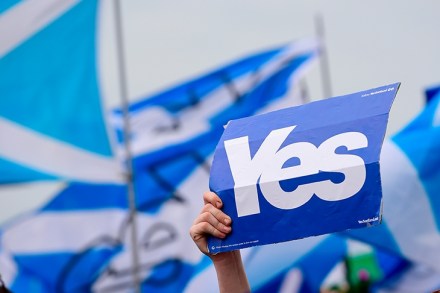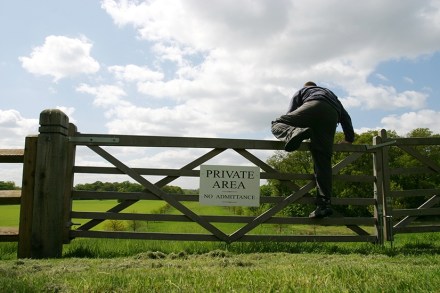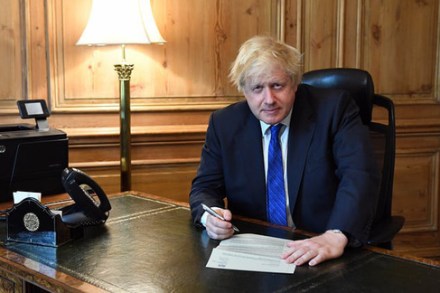Why we should consider testing Covid on prisoners
The Covid problem lies as much in the delayed action of the virus as in the virus itself. Since symptoms emerge only days after infection, testing often comes too late to reveal how transmission occurs, and often too late to prevent onward transmission, since many people may be most contagious before symptoms appear. This delay makes the targeting of restrictions far more complex — like weather-forecasting in reverse. (For this reason, what we may have to fear most from bioterrorism is not pathogens that are most deadly but those with delayed action.) If Covid had immediate effects (your hair instantly turned purple) we might have cracked the problem by now.















